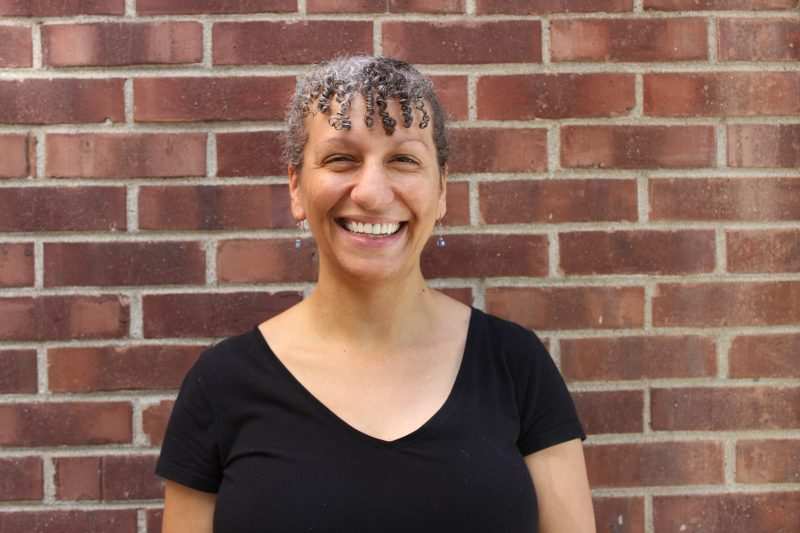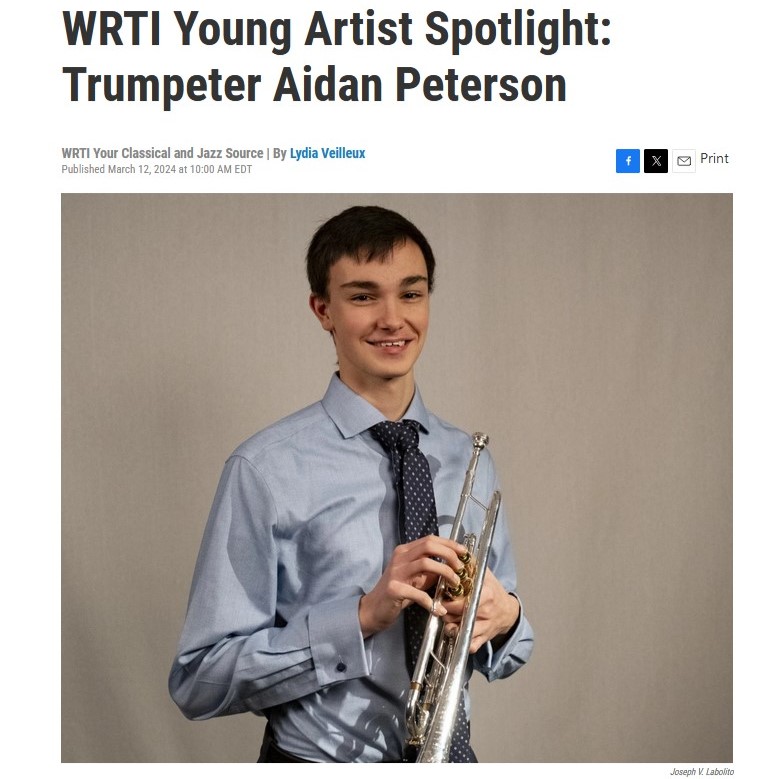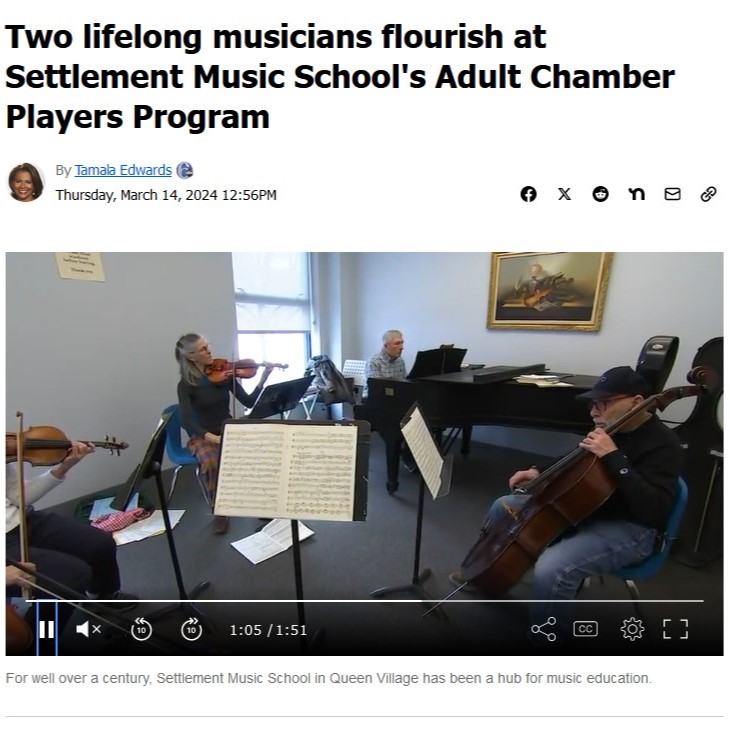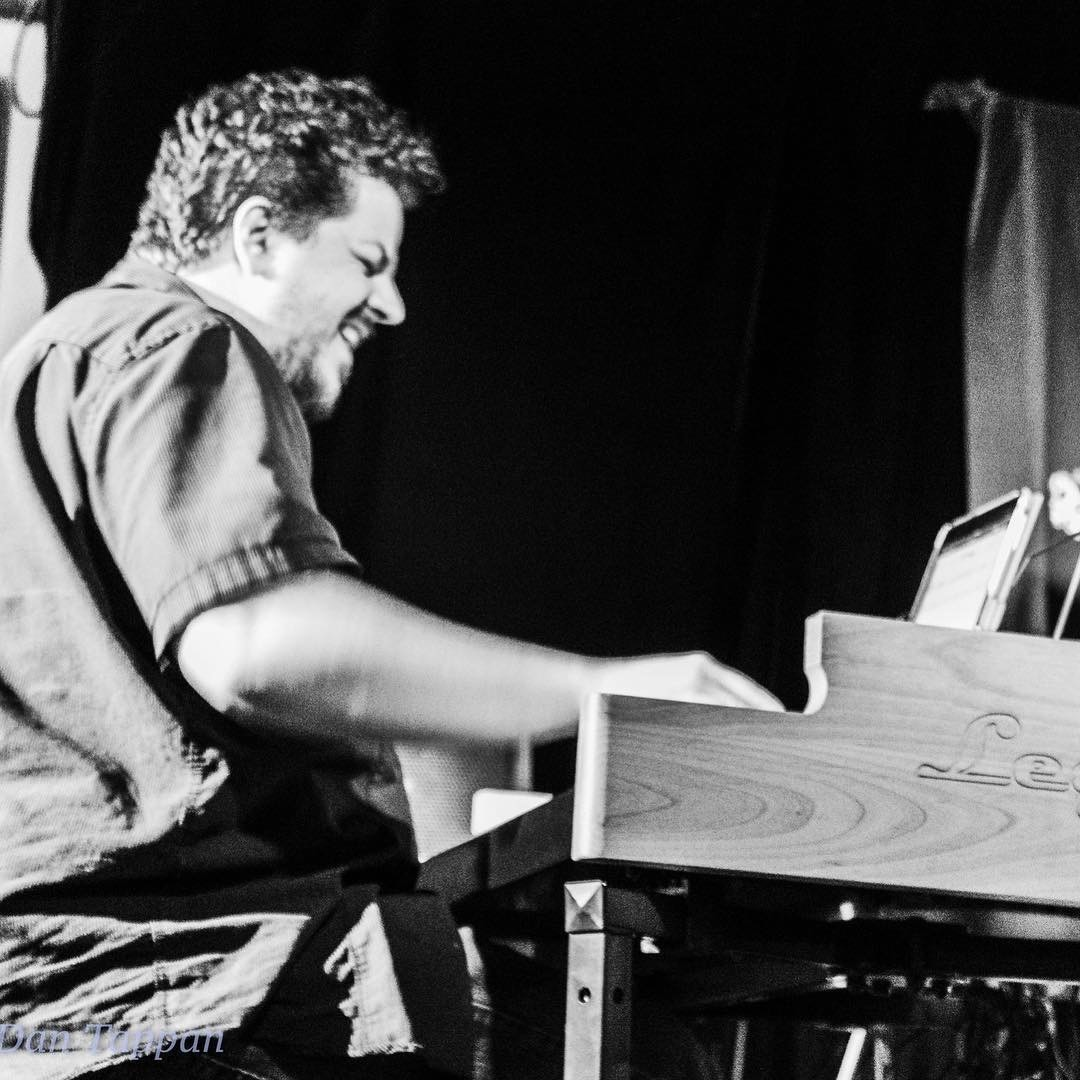
Faculty Friday – Andreia Torain
violin faculty at our mary louise curtis, wynnefield and camden branches, FACULTY MEMBER SINCE 1994.
In addition to teaching violin, Andreia Torain serves as coordinator for Settlement’s Suzuki violin programs. The Suzuki method combines a range of instructional elements, including daily listening, constant repetition, parent responsibility, and group performances, into a system for young children to learn musical instruments.
“It’s such a strong bonding experience,” she says. “With all the parents in the room, it becomes this huge support system.”
Since being developed in Japan and becoming popular worldwide, these methods have helped millions of children study violin and other instruments.
Torain, though, didn’t learn the violin through Suzuki instruction. She had traditional lessons after starting the violin in fourth grade, and there has historically been some disagreement in music-education circles about the merits of Suzuki versus traditional instruction.
She has a foot in both worlds, of course, and finds plenty of opportunities for crossover, especially during performance hours, recitals, and when students start participating in ensembles. “When you get them up and performing, it becomes easier for them to learn,” she says.
In all of her teaching, she emphasizes the joy of making music together with others – a natural part of Suzuki instruction, with its weekly group classes – and steers students toward positive experiences that encourage growth, whether that’s in the form of orchestra, chamber music, additional classes in musicianship, or other outlets.
“It’s not just about the violin,” she says. “There’s a big world outside of music.”
Torain is a Settlement alumna as well, but it wasn’t Suzuki instruction, or even regular lessons, that first brought her here; it was chamber music, offered during Settlement’s Summer Music Camp in the late 1980’s, that opened her eyes to greater possibilities in music.
“We blended so well that we decided to continue into the fall,” she says of that formative string quartet experience, and she hopes to guide more of her students toward similar experiences that “make their eyes light up.”
“That’s why we play music: to play.”


